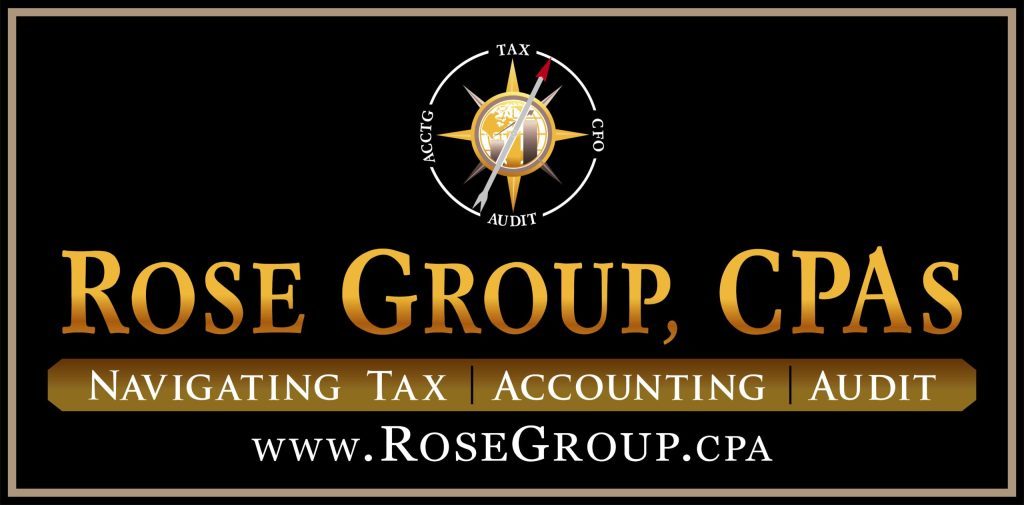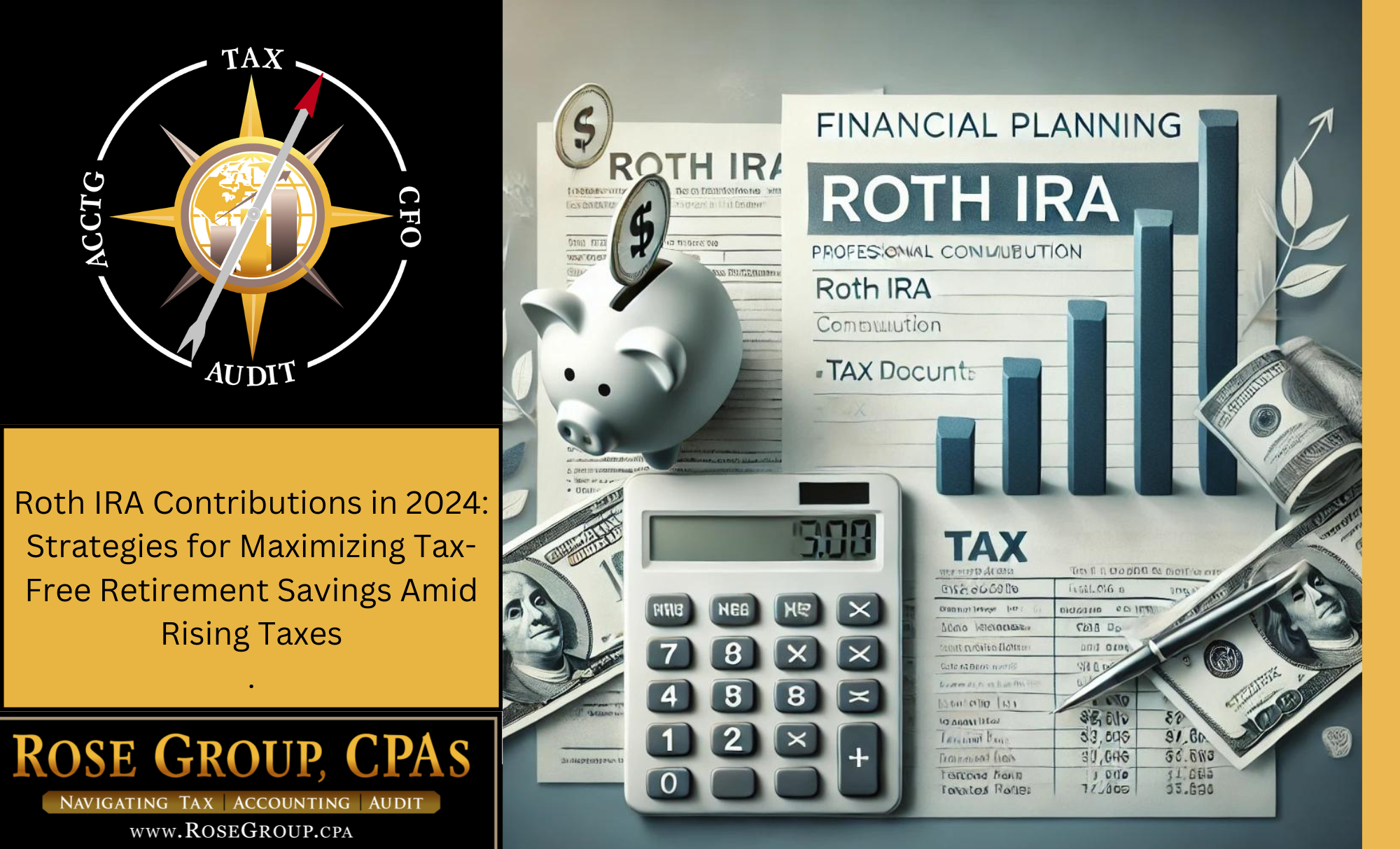As you plan for retirement, contributing to a #Roth IRA is an excellent way to build tax-free savings for the future. There are contribution limits and income restrictions that may affect how much you can contribute. For 2024, the maximum Roth IRA contribution is $7,000, or $8,000 if you’re age 50 or older. But if your income exceeds certain thresholds, the amount you’re allowed to contribute begins to phase out.
2024 Contribution Limits and Phase-Out Ranges
- Married Filing Jointly: The allowable contribution phases out between an adjusted gross income (AGI) of $230,000 and $240,000.
- Single: The phase-out range is between $146,000 and $161,000.
- Married Filing Separately: The phase-out begins at $0 and phases out completely by $9,999.
If your income exceeds these limits, you may still have options to benefit from the tax-free growth of a Roth IRA.
The Backdoor Roth IRA Strategy
For higher-income earners who exceed the Roth IRA income limits, we recommend working with your financial advisor to set up a backdoor Roth IRA. This involves making a contribution to a traditional IRA first and then converting that contribution to a Roth IRA. While this can help bypass the income restrictions, it’s not without its complexities. The amount you convert is subject to income tax, and without careful planning, this strategy can result in an unexpected tax bill.
The Financial Planning Element: Why Roth Conversions Make Sense Now
In today’s economic environment, considering a #Roth IRA conversion is more important than ever. With the government deficit at historic highs, it’s reasonable to expect that tax rates may rise in the future. A Roth conversion allows you to pay taxes on your IRA now—potentially at a lower rate than you would in the future—so that your retirement withdrawals will be tax-free.
One of the best times to consider a Roth conversion is during a year when your taxable income is lower than usual. For example, if you’ve experienced a gap in employment, taken a year off, or had lower-than-average business income, converting a portion of your traditional IRA to a Roth can help you lock in today’s tax rates while benefiting from future tax-free growth.
Understanding the Benefits and Drawbacks
Benefits of Converting to a Roth IRA:
- Tax-Free Withdrawals in Retirement: Roth IRAs allow for tax-free withdrawals, making them a valuable tool if you expect to be in a higher tax bracket during retirement.
- No Required Minimum Distributions (RMDs): Unlike traditional IRAs, Roth IRAs don’t require you to take distributions at age 73, offering more flexibility in your retirement planning.
- Estate Planning: Roth IRAs can be passed to heirs with tax-free benefits, making them a valuable estate planning tool.
- Protection Against Rising Taxes: Paying taxes on your IRA now could save you significantly in the long run if future tax rates increase.
Drawbacks to Consider:
- Upfront Tax Bill: When you convert, the amount you transfer to a Roth IRA is added to your taxable income for that year, potentially pushing you into a higher tax bracket.
- Impact on Medicare Premiums: A higher AGI from the conversion could increase your Medicare premiums in the future.
- Loss of Other Tax Benefits: Higher income from the conversion can reduce or eliminate certain tax benefits, such as the Child Tax Credit or the Lifetime Learning Credit.
Is a Roth IRA Conversion Right for You?
Deciding whether to convert to a Roth IRA depends on several factors, including your current tax bracket, your retirement plans, and how much time you have before retirement. Younger individuals may benefit more from the conversion since they have a longer time horizon for tax-free growth. For those in a low-income year or expecting tax rates to rise in the future, converting now could be a smart financial move. Older individuals may need to weigh the upfront tax bill against their proximity to retirement.
Conclusion: Plan Strategically
A #Roth IRA conversion can offer significant long-term benefits, particularly as we face the potential of rising tax rates in the future. However, it’s crucial to approach this strategy carefully. Consulting with a tax professional can help you evaluate your unique financial situation and determine whether converting to a Roth IRA is the right move. At #Rose Group CPAs, we work with your financial advisor to determine timing and amount of your conversion so you can make the best decision for your retirement plan.

